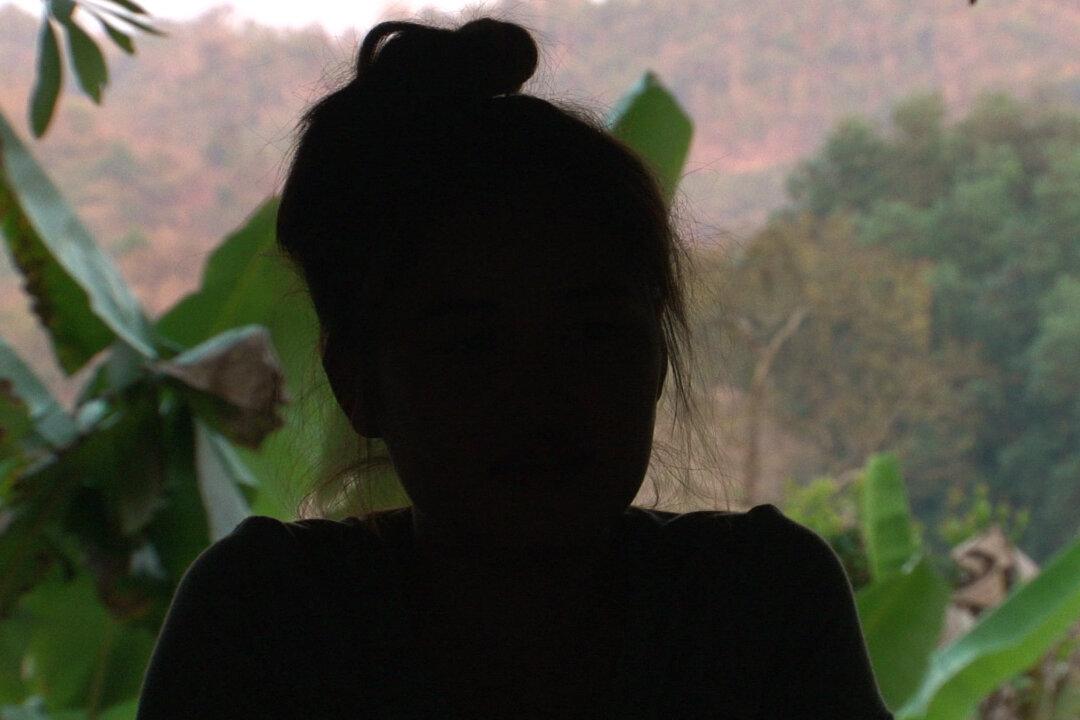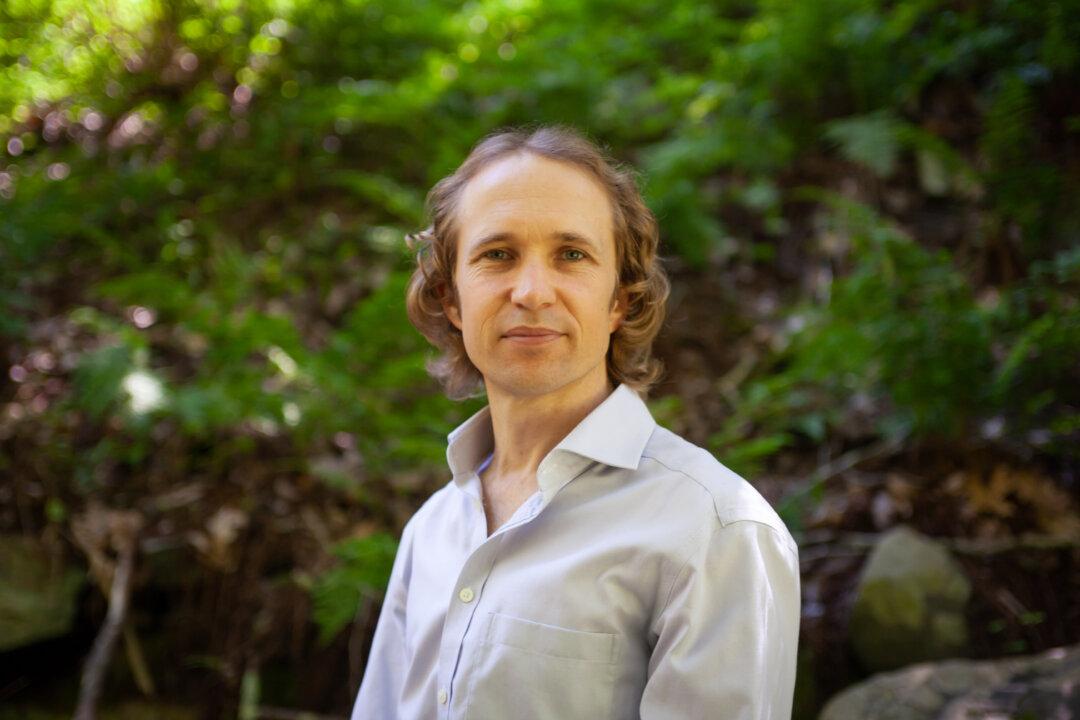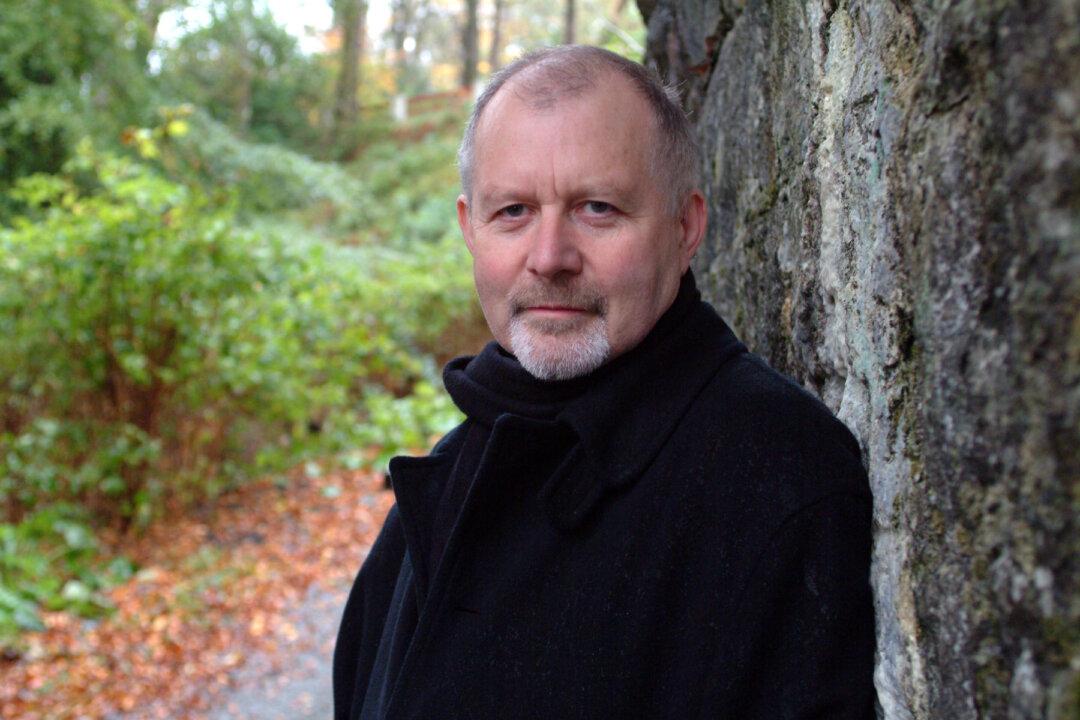As 100 million Americans gear up to watch the Super Bowl this weekend on TV, a horrific black market trade booms in Miami this week, the week before the game.
“[Men] leave their wives and say, ‘I’m going to go meet somebody for the Super Bowl and have fun.’ ‘OK, honey. Bye, have fun,’” filmmaker Kelly Galindo told me in a phone interview. The week before the big game, for “all the parties that are happening, human traffickers bring in girls because men want to buy [underage] girls.” She said this happens at any big sporting event, even the Olympics.




